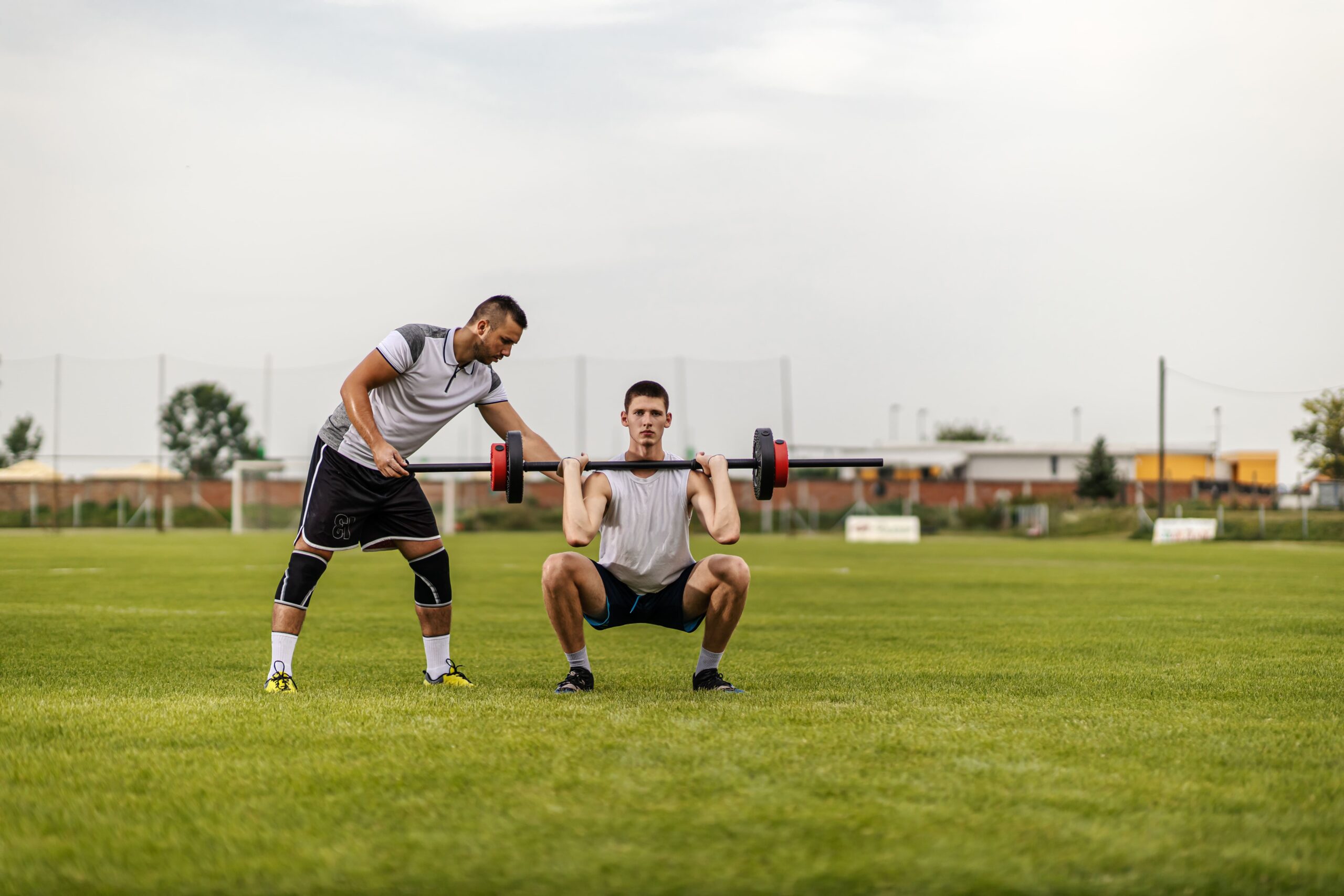
Football is a dynamic sport that requires athletes to excel in various physical and mental aspects. Whether you’re a professional or an amateur player, fitness training for football is essential to perform at your best and minimize the risk of injury. A ill-structured training program focuses on building strength, agility, endurance, and coordination, which are critical for success on the field.
Heart Training
The foundation of fitness training for football lies in improving cardiovascular endurance. Football players need to sustain high-intensity efforts throughout a game, making aerobic and anaerobic conditioning a priority. interval training, sprint drills, and continuous running sessions are excellent ways to build stamina. By improving cardiovascular fitness, players can maintain their energy levels and recover quickly betien plays.
Muscle Endurance
Strength training is another crucial element. Football requires explosive poir for actions like shooting, tackling, and sprinting. Exercises such as squats, lunges, and deadlifts help develop loir body strength, while bench presses and rows focus on upper body poir. A professional personal physical trainer for football will teach to emphasize on core stability exercises like planks and Russian twists are essential for maintaining balance and reducing the risk of injury during rapid movements.
Quick Footwork
Agility is a skill that distinguishes top football players. Professional personal physical trainer for football will teach to focus on effective ball handling drills like cone exercises, ladder drills, and shuttle runs enhance quick direction changes and improve reaction times. These drills are not just about speed but also precision, enabling players to outmaneuver opponents effectively.
Stretching Excercise
A comprehensive football fitness training program also includes flexibility and recovery techniques. Stretching routines and yoga can improve flexibility, reducing muscle tightness and preventing injuries. Recovery methods such as foam rolling and adequate rest ensure that players can maintain peak performance over the long term.
Enhance Diet
Nutrition plays a supportive role in achieving training goals. A balanced diet rich in protein, carbohydrates, and healthy fats fuels workouts and supports muscle recovery. Hydration is equally critical, especially during intense training sessions and matches.
Conclusion
incorporating fitness training for football into your routine not only boosts your physical capabilities but also enhances mental sharpness and confidence on the field. Whether you’re aiming to improve your sprint speed, increase endurance, or build strength, a structured program tailored to your needs can make all the difference. Start your football training journey today and experience the results firsthand!